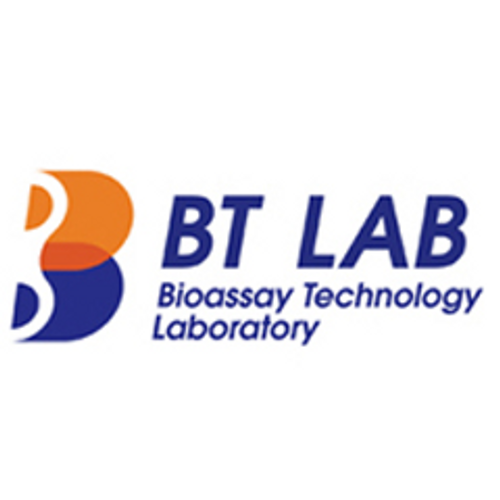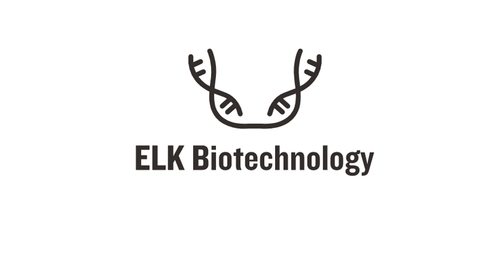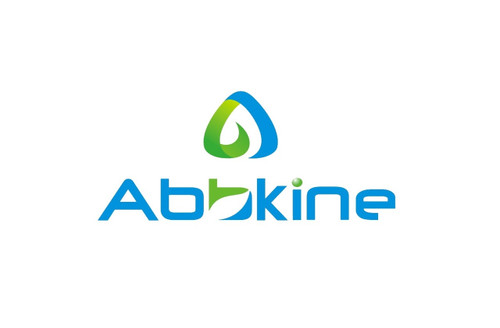Product Description
Human Toll-like receptor 10 (TLR10) ELISA Kit | AE14872HU | Abebio
Species Reactivity: Human (Homo sapiens)
Abbreviation: TLR10
Alternative Name: CD290; MGC104967; MGC126398; MGC126399;
Application: ELISA
Range: Request Information
Sensitivity: Request Information
Intra-Assay: ≤5.7%
Inter-Assay: ≤9.5%
Recovery: 1, 02
Sample Type: Serum, Plasma, Other biological fluids
Detection Method: Sandwich
Analysis Method : Quantitive
Test Principale: This assay employs a two-site sandwich ELISA to quantitate TLR10 in samples. An antibody specific for TLR10 has been pre-coated onto a microplate. Standards and samples are pipetted into the wells and anyTLR10 present is bound by the immobilized antibody. After removing any unbound substances, a biotin-conjugated antibody specific for TLR10 is added to the wells. After washing, Streptavidin conjugated Horseradish Peroxidase (HRP) is added to the wells. Following a wash to remove any unbound avidin-enzyme reagent, a substrate solution is added to the wells and color develops in proportion to the amount of TLR10 bound in the initial step. The color development is stopped and the intensity of the color is measured.
Product Overview: Toll-like receptor 10 is a member of the Toll-like receptor (TLR) family which plays a fundamental role in pathogen recognition and activation of innate immunity. TLRs are highly conserved from Drosophila to humans and share structural and functional similarities. They recognize pathogen-associated molecular patterns (PAMPs) that are expressed on infectious agents, and mediate the production of cytokines necessary for the development of effective immunity. The various TLRs exhibit different patterns of expression. This gene is most highly expressed in lymphoid tissues such as spleen, lymph node, thymus, and tonsil. Its exact function is not known. Multiple alternatively spliced transcript variants encoding the same protein have been found for this gene.
Stability: The stability of ELISA kit is determined by the loss rate of activity. The loss rate of this kit is less than 5% within the expiration date under appropriate storage condition. The loss rate was determined by accelerated thermal degradation test. Keep the kit at 37°C for 4 and 7 days, and compare O.D.values of the kit kept at 37°C with that of at recommended temperature. (referring from China Biological Products Standard, which was calculated by the Arrhenius equation. For ELISA kit, 4 days storage at 37°C can be considered as 6 months at 2 - 8°C, which means 7 days at 37°C equaling 12 months at 2 - 8°C) .
 Euro
Euro
 USD
USD
 British Pound
British Pound
 NULL
NULL












